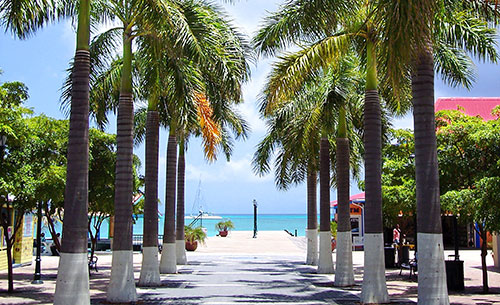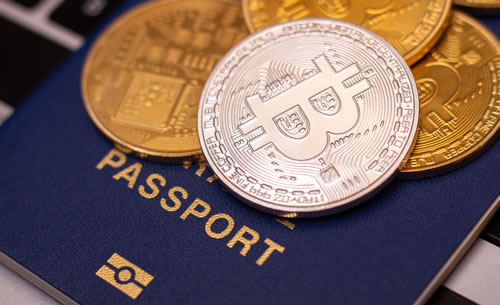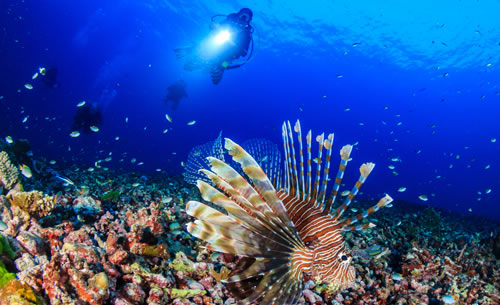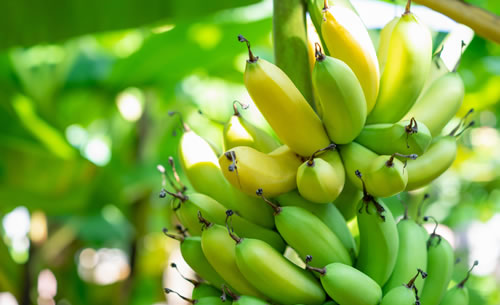Tourism
Reimagined
Caribbean
Tourism
Reimagined
Sustainable.
Innovative.
Immersive.
About
NXT GEN TOURISM, Inc. is a sustainable business, development consulting and marketing firm that is passionate about elevating the tourism industry in The Bahamas and Caribbean, where technology, innovation and conservation merge for increased economic impact and sustainability.
What We Do

Sustainable Business Development
- Sustainability marketing strategy development
- Sustainable tourism policy creation and implementation
- Sustainable destination marketing
- Carbon offsetting and offset projects

Digitization and Cyber Security
With our services, you can streamline your business processes, improve efficiency, and attract more customers. And with our commitment to sustainability, you can feel good about choosing a company that is dedicated to protecting the environment and the communities in which we operate.

Sustainable Tourism Public Relations

Sustainable Tourism Marketing
Don’t just meet the minimum sustainability requirements – set your business apart and show your commitment to the environment and local communities with our sustainable tourism marketing consulting services. Contact us today to learn more and get started on your sustainability journey.
Get In Touch With Us
Let’s discuss how we can take your tourism product to the next level.
Future of Caribbean Tourism Blog

The Benefits of Certified B Corp Corporations for Caribbean Hotel and Resort Brands

Exploring the Thriving Sustainable Farm-to-Table Culinary Tourism Trends in the Caribbean

Tips for Incorporating Sustainability into Your Tourism Marketing Efforts

How the WTTC Hotel Sustainability Basics Program is Promoting Environmental and Cultural Preservation

Exploring the Potential of Cannabis Tourism in the Caribbean

The Current State of Caribbean Agritourism and Opportunities for Growth

Digitization and Cyber Security in Tourism-Dependent Caribbean Nations

The Importance of SEO in Sustainable Tourism Marketing
Marketing in the Digital Age
About the Book
About the Author

Join our Mailing List
We share thought-provoking content from industry leaders in emerging travel trends, tech and sustainability, on cutting-edge, tourism topics that can propel the Caribbean region forward.



NXT GEN TOURISM
Scholar Foundation

Donate to Education

APPLY FOR SCHOLaRSHIP

BECOME A PARTNER
Calling on corporations, tourism stakeholders, educational institutions, Ministries of Education and Tourism to partner with us as we strive to invest in the generation of Caribbean tourism industry innovators.

Academic Articles
Let’s Think Beyond Tourism & Hospitality Management Studies.

















